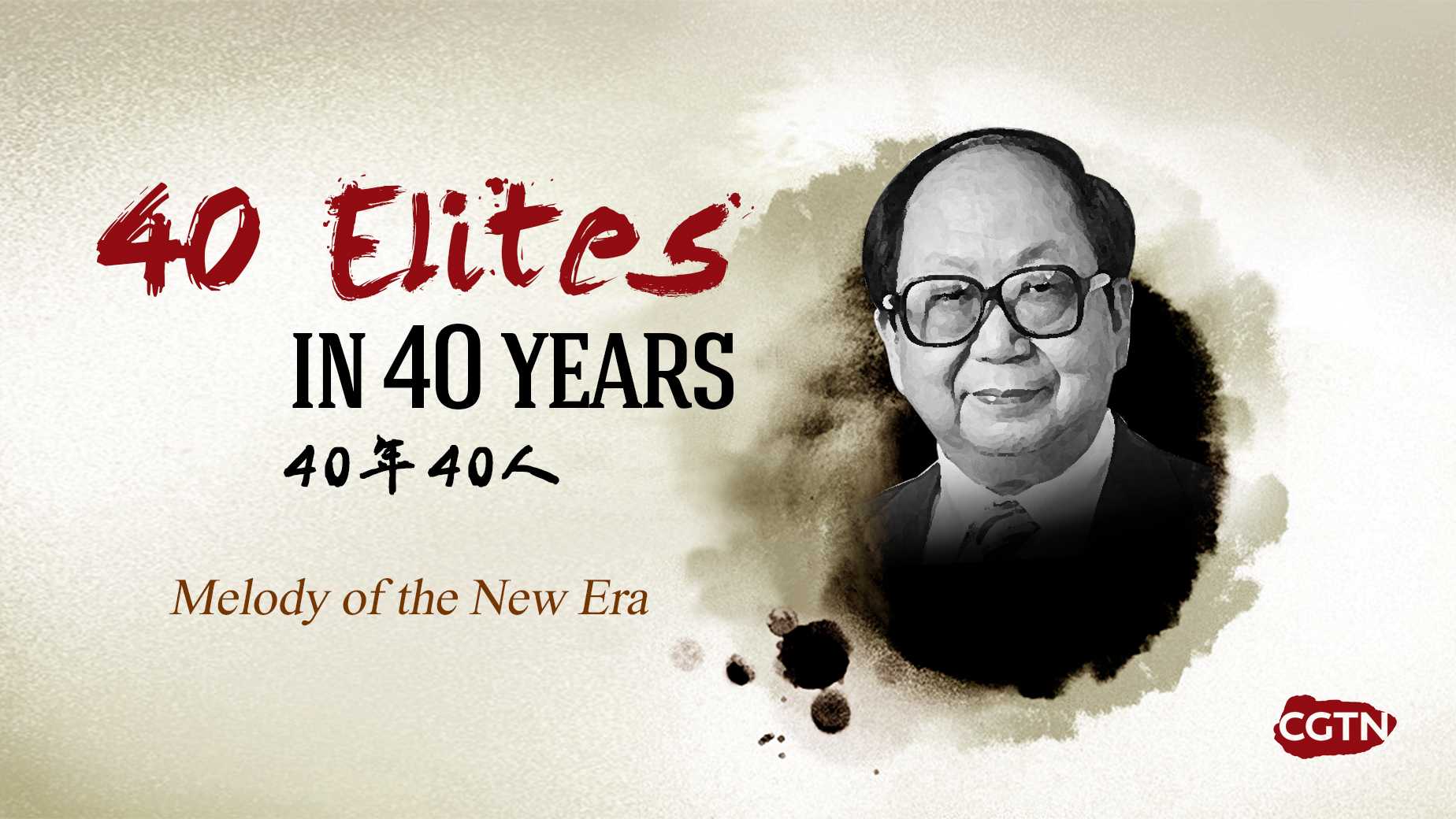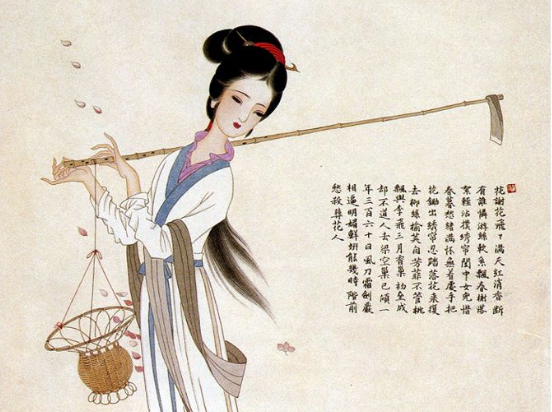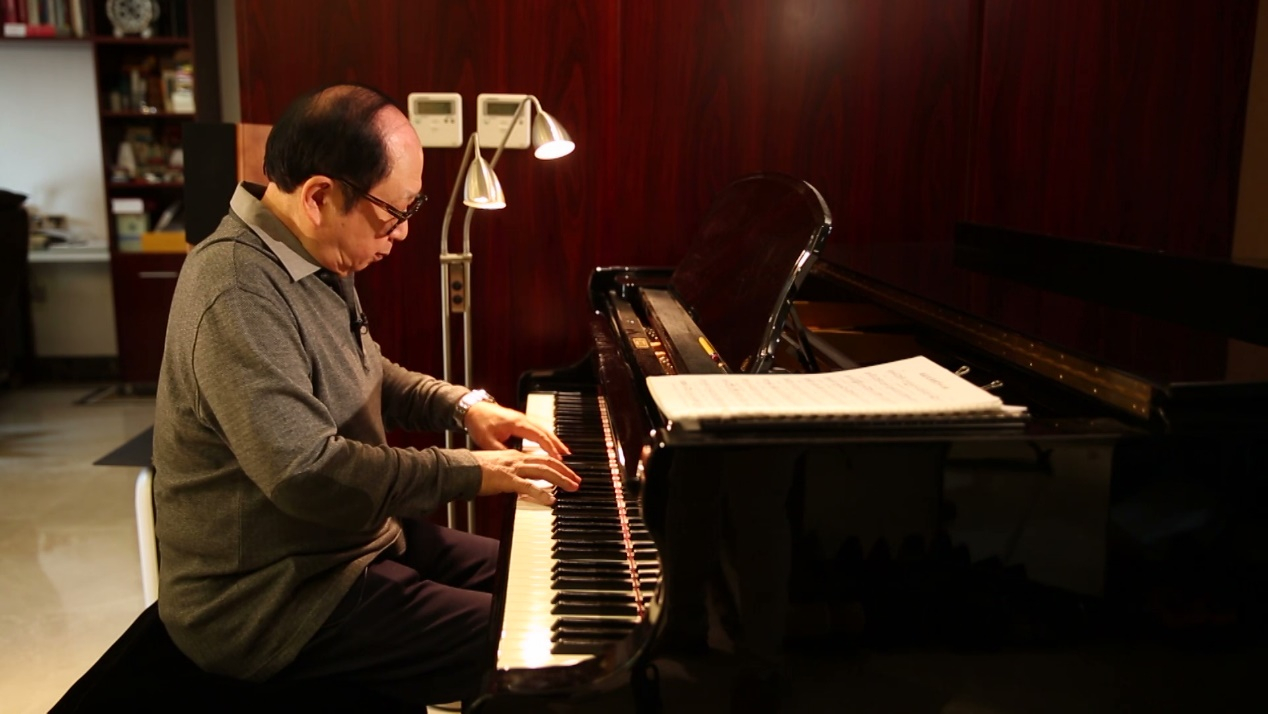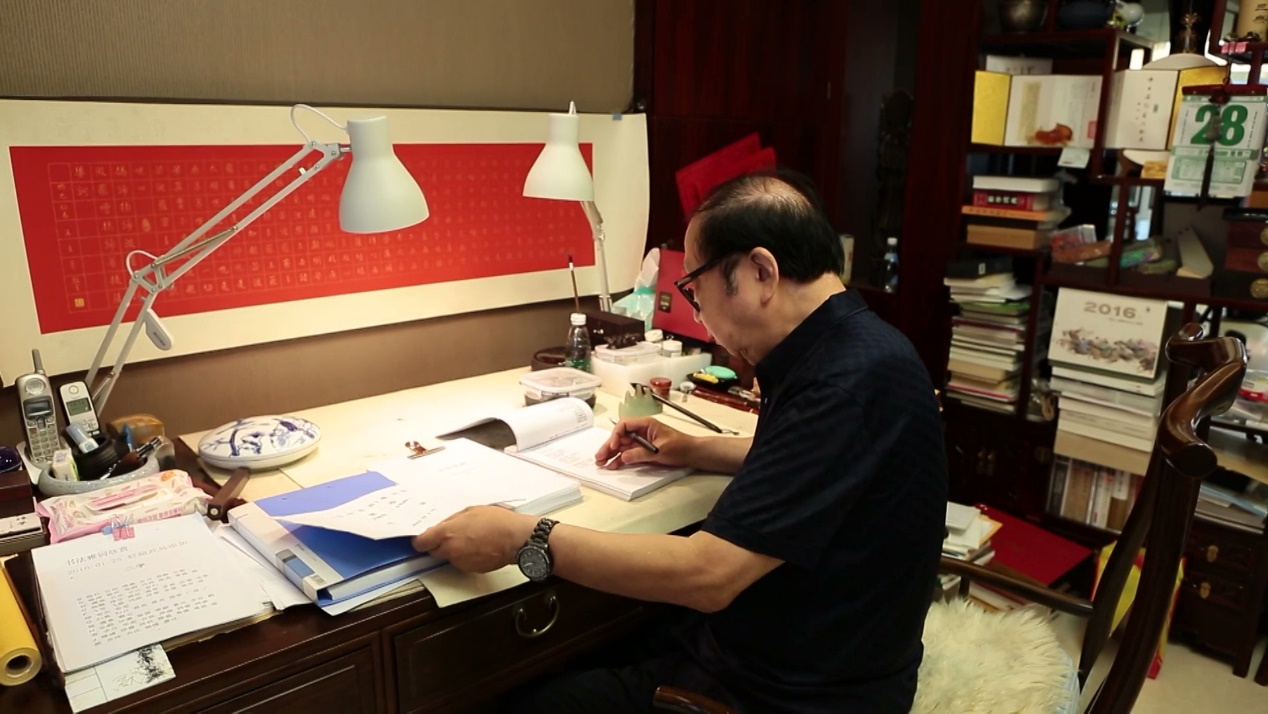
China
19:03, 21-Dec-2018
40 Elites in 40 Years: Melody of the New Era
Updated
18:53, 24-Dec-2018
CGTN
04:27

Wang Liping's music career started with reform and opening-up, and has brought the beauty of music to the people.
"Today, others laugh at my foolishness of burying flowers. Who will be the one who someday buries me?"
This is an excerpt from the song of "Burying Flowers" which was used in the classic 1987 TV adaptation of "Dream of the Red Chamber." The song changed the life of the composer Wang Liping.

Wang was born in 1941 and was admitted to the junior class of the Central Conservatory of Music (CCOM) in 1954. He graduated from the Department of Composition in 1965, and then was sent to do farm work in the countryside. Shortly before the reform and opening-up began, he went back to work as a composer.
"By growing along with the reform and opening-up, we're naturally connected to it," said Wang Liping. "When we can pursue our own dreams, and can carry out our own artistic practices, we are just in time to catch the changes in the world."
In the new atmosphere, Wang began to try new methods of composing. In 1978, he was assigned to make the background music for a documentary on the working class called "Female Sea Divers." The music pieces had to be inserted between the narration parts. To pay homage to the workers, Wang suggested that the director should change the title to "Diving Girls," and he rewrote the narration to be more poetic and match the tone of his music.

It became very popular. "The insensitivity to beauty lasted long enough for people who desire beautiful things."
Wang was already famous by 1982 for his songs such as "On the Sun Island," "Camel Bell," and "Ocean, My Hometown," when he was asked by renowned arranger Wang Zhifu if he was interested in composing for the TV drama "Dream of the Red Chamber," directed by her husband Wang Fulin.
Wang agreed, not knowing the job would eventually take him four and a half years. "The most difficult thing was understanding the original book. It was so in depth, reflecting both the talent of the author and the spirit of the Chinese people. How do I reveal its essence? How do I pull the feelings out of the deep soul of the Chinese people?"
Wang spent 21 months on the song "Burying Flowers," a piece of music about the character Lin Daiyu. The lyrics come from the original poem, which is 52 lines long. "Why did the author focus on Lin Daiyu so much? I read it again and again then I finally figured out that she was in such agony precisely because she was so smart and so thoughtful."
Wang picked 28 lines from the poem and turned them into Lin Daiyu's "Request to God": "Follow the flying flower to the end of the sky. At the end of sky, that is where the grave of her fragrance lies." His interpretation was acknowledged by the redologists – academics devoted to studying –"Dream of the Red Chamber" – and the song became a classic.
Besides composing, Wang has been working on copyright protection for Chinese musicians since 1985. His efforts led to the establishment of the "Music Copyright Society of China (MCSC)."
Chinese musicians became aware of the problem when they spoke with colleagues from other countries. Some international producers used original compositions from Chinese artists without paying a penny. "Without copyright protection, our rights could be violated. And there was no guarantee that anyone from the outside could make a profit with their own works," said Wang, "The establishment of these rules broadened our music communication with other places of the world."

"Music has no boundaries. True feelings and elegance can be appreciated by people from all over the world," Wang said. His work "Ocean, My Hometown" remains a key fixture for many orchestras domestically and internationally.
"We had so many restrictions in the old times. The reform and opening-up policy broke the rules and gave us more ways to reach the artistic goals we wanted," said Wang. "An aspiring artist should create better works that can be understood, loved and remembered by the people. Legendary artworks should be an essential part of daily life."

SITEMAP
Copyright © 2018 CGTN. Beijing ICP prepared NO.16065310-3
Copyright © 2018 CGTN. Beijing ICP prepared NO.16065310-3